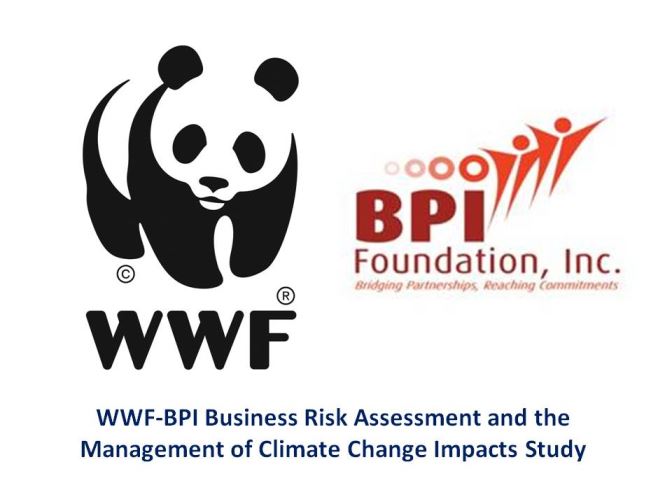
ZAMBOANGA CITY (Mindanao Examiner / Nov. 20, 2012) – Top environmental solutions provider World Wide Fund for Nature (WWF-Philippines) and Bank of the Philippine Islands (BPI) Foundation unveiled Tuesday the latest version of a multi-phase study on climate adaptation for Zamboanga and seven other Philippine cities.
The launch, held at the Lantaka Hotel,was graced by dozens of representatives from both the public and private sectors.
Zamboanga, a top exporter of seaweed and coconut, sits within a typhoon-free zone, registering the lowest average rainfall among all eight assessed sites.
Seeing that much of the city’s new growth has come from agricultural activity, Zamboanga’s challenge will involve the management of natural capital.
“With the proper mindset, what may be seen as a local vulnerability can be transformed into a development opportunity,” WWF-Philippines Vice-chair and CEO Jose Ma. Lorenzo Tan, said in a statement sent to the regional newspaper Mindanao Examiner.
Entitled Business Risk Assessment and the Management of Climate Impacts, the study analyzes economic and climate trends while predicting probable scenarios. The study aims to help city planners and decision-makers assess climate change impacts, identify opportunities and sustainability strategies for cities to retain economic viability and competitiveness in a climate-defined future.
Phase two of the multi-year study was conducted from January to September this year and assessed the cities of Zamboanga, Cagayan de Oro, Dagupan and Laoag. Phase one was conducted in 2011 and surveyed the cities of Baguio, Cebu, Davao and Iloilo.
“This new study synthesizes two years’ worth of research which combines baseline data findings with stakeholder inputs from city-specific scenario-building exercises,” said WWF-Philippines Project Manager Moncini Hinay. “Results shall form the basis for recommendations which we hope may influence each city’s unique climate adaptation strategy and urban development plan.”
Hinay said though generally shielded from climate effects, Zamboanga is still vulnerable. People from high risk communities may eventually emigrate and turn it into a migratory sink and over the last 20 years, the city’s population has doubled and one way or another, climate change will affect all cities.
In 2009, WWF launched The Coral Triangle and Climate Change: Ecosystems, People and Societies at Risk – a report based on a thorough consideration of the climate biology, economics and social characteristics of the immediate environs of the Philippines – showing how unchecked climate change will ultimately undermine and destroy local ecosystems and livelihoods. A low-lying archipelago, the Philippines sits well within the typhoon belt and is the third most vulnerable nation to climate change.
BPI Foundation Executive Director Florendo Maranan said: “We have seen in Superstorm Sandy how even the most powerful country can be rendered helpless in the face of nature’s fury. We need not wait for the next disaster to happen. The study results provide us with a good starting point for the critical actions that we need to address. More importantly, the vulnerability assessment of each city provides highly valuable insights on business opportunities if we pursue a more sustainable development plan.”

